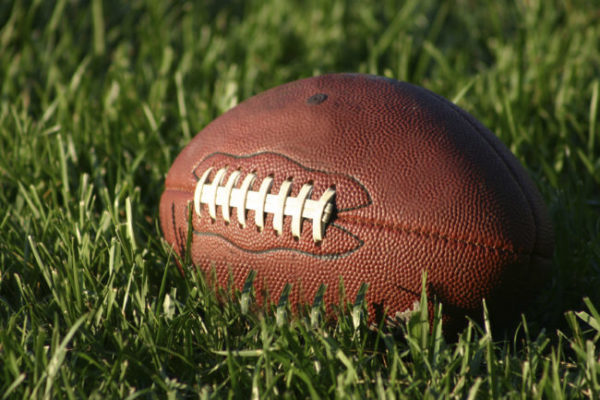On February 13, 2018, the NCAA’s Division I Infractions Appeals Committee (IAC) announced that the University of Notre Dame’s football team must vacate 21 wins accumulated during the 2012 and 2013 football seasons. Back in November 2016, an NCAA panel sanctioned Notre Dame after the school self-reported that a student trainer had done coursework and given benefits to a group of football players. As a result of the ruling, wins from the 2012 and 2013 seasons were vacated, Notre Dame was put on probation, Notre Dame was fined $5,000, five players were suspended for academic misconduct, and four others left the program before the infractions were announced. Norte Dame appealed the panel’s decision, but the IAC upheld the 2016 panel ruling.
Notre Dame argued that the IAC did not properly consider Notre Dame’s role in addressing the academic issue. According to a statement released by Notre Dame on February 13, 2018, the school addressed the issue “after an exhaustive investigation that covered four months” in which more than 95,000 documents were reviewed and “appropriate penalties were administered by [the] Honesty Committee to all students found responsible for academic dishonesty.” This included “the three members of [the] football team whose conduct underlies the vacation of wins penalty, as well as students involved who were not members of any athletic team.” However, the IAC disagreed, “as a member of the NCAA, [Notre Dame] is subject to the [NCAA’s] rules, including those related to academic misconduct, and the NCAA’s ability to impose sanctions for academic misconduct violations.” The IAC ruled that the panel had the authority to prescribe sanctions for academic misconduct violations, which included vacating wins.
Notre Dame also argued that the sanctions were too excessive. According to their statement, “vacation of team records has, until now, only been applied in the case of serious forms of institutional culpability: when coaches, administrators, or persons with academic responsibilities are complicit in cheating, or when an institution fails to monitor or lacks control over its athletics program.” However, in this case, the Notre Dame players received assistance from an undergraduate student who was a part-time assistant to the athletic trainers. In November 2016, Notre Dame head coach, Brian Kelly, called the acts “student-on-student cheating.” The IAC ruled that the sanction was not excessive because, at the time of the violations, the student was technically considered a Norte Dame employee under the NCAA rules.
Finally, the IAC acknowledged that the panel’s communication and notification process with regard to a separate violation against Notre Dame could have been better, Notre Dame was still given ample time to explain and argue their position. According to some, the lesson is that schools should not self-report misconduct findings. The decision drops the Notre Dame’s all-time win total to 885.

